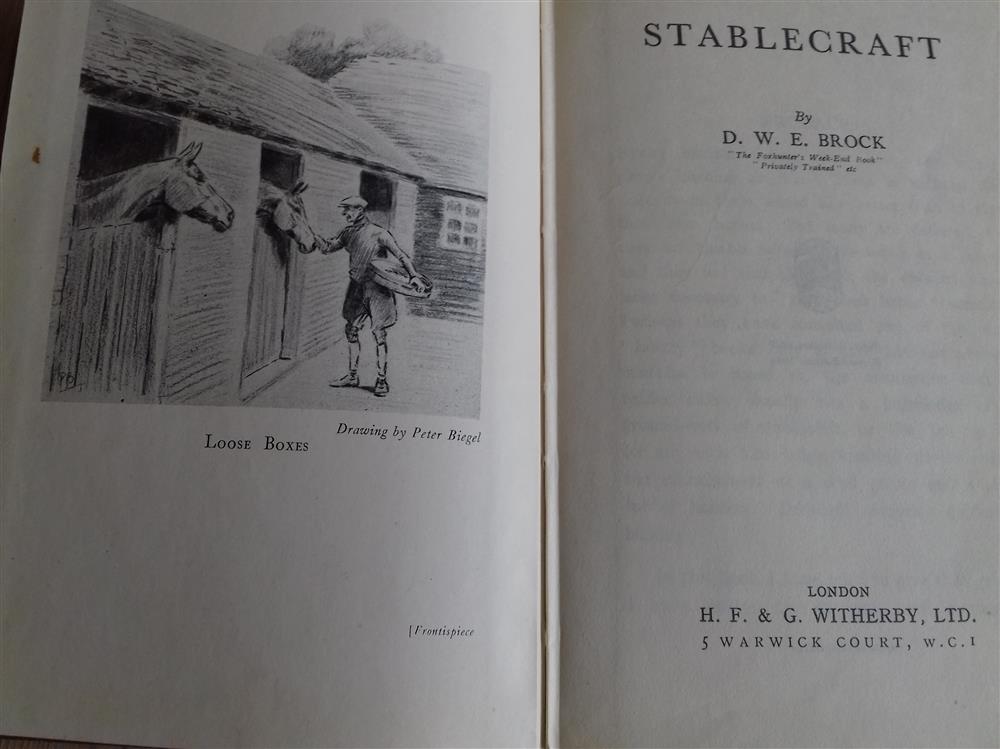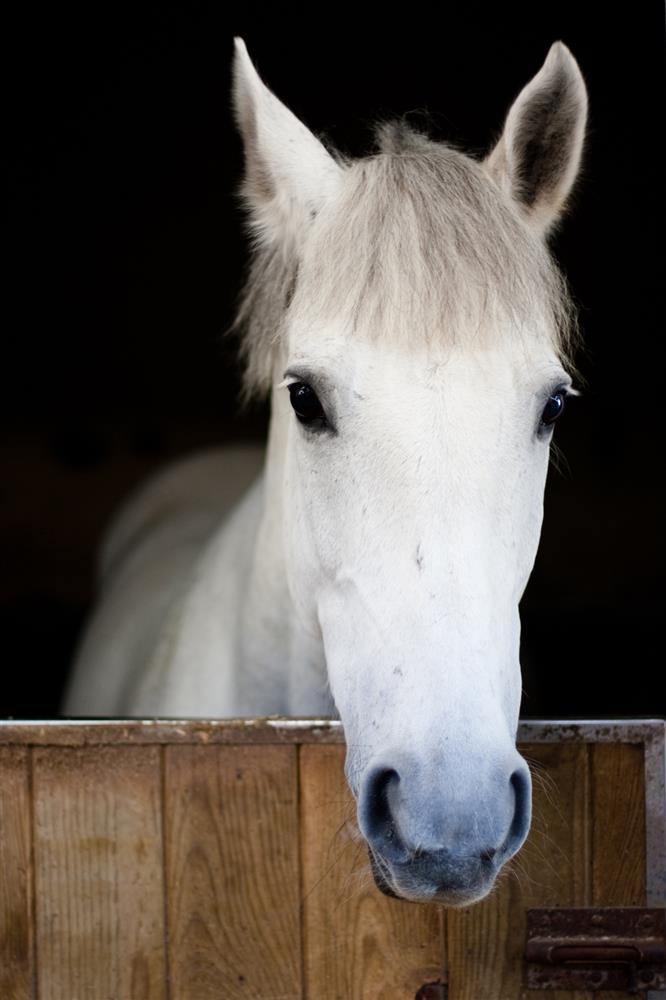Advances in science and research have improved our knowledge of horses by light years – but sometimes, the most valuable advice is timeless.
My secret weakness is collecting old horse books. Some exhortions are fearsome; one recommends that owners ensure their grooms plait straw inside the doorway to help prevent it blowing on to the yard. Good luck with that one.
Yet much is worth remembering, not just for the sentiment but for the philosophy behind it. In 1937, D W E Brock – David Brock – gently chided those readers of his book, Stablecraft, who followed the popular practice of offering their horses water only after feeding.

This, he explains, means that the horse “probably only drinks about four gallons a day, instead of the eight or ten which its health demands.”
Our first reaction might be: How could they be so ignorant? But when you read Brock’s advice to “…keep a bucket of water in with the horse, watch him, and count the number of times in the day you have to fill that bucket up” and his observation that “If you watch him, you will find that a horse who drinks after feeding slowly swallows quite a small quantity of water, and neither the rate of its flow through the stomach, nor its volume, is sufficient to wash undigested food into the bowel” there is another lesson to be read between the lines.
Brock observed his horses’ behaviour, appearance and performance down to the last detail. How many of us can, hand on heart, say that we do the same? How often do we follow accepted practice because “that’s the way it’s done” rather than mixing science with common sense?
In those days, of course, horses were true working animals as well as being used for sport and leisure and most households with horses had at least one full-time groom who was the fount of all knowledge. Today, we look after our horses alongside family and work commitments and even though there are thousands of dedicated owners, it’s another world.

But one of the best things we can do for our horses is to occasionally stop, look, think and give them something precious – time. This is especially true when dealing with young horses.
My favourite bookshelf golden oldies are by Tom Roberts, who was born in 1900 and at the age of 16 became the youngest certified riding instructor in the British Army. Re-reading his books, The Young Horse and Horse Control and the Bit, often spark lightbulb moments by reinforcing what we need to remember.
If I had to choose just one paragraph from his thousands of words of wisdom, it would be this:
“If you are fond of a horse and wish to do him a favour – train him well. Teach him good manners and good habits, both under saddle and in the stable. You need never worry about the future of such a horse if for any reason you may need to part with him. You assure him of friends wherever he goes. Perhaps the greatest kindness you can do any horse is to educate him well.”
Maybe you’ve had a piece of advice from someone with long experience of horses – just a few words of wisdom that have made all the difference. If so, we’d love to hear what it is!











